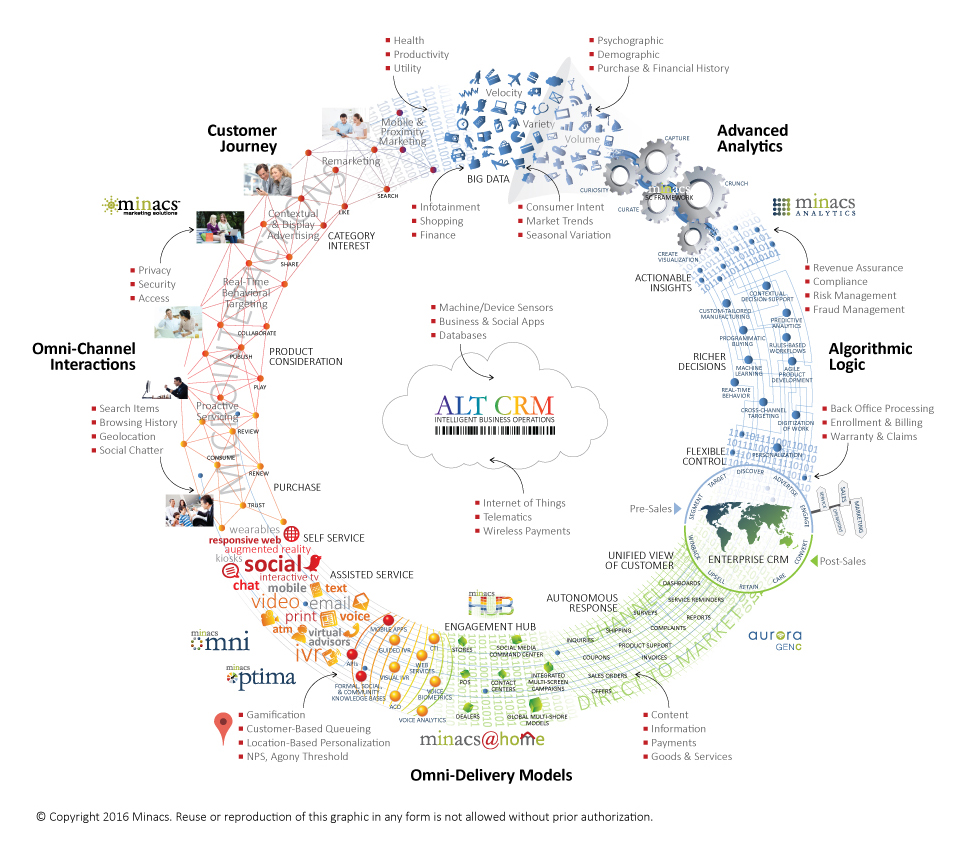Many of the people who are in serious financial difficulty with their home loans have both a first and second mortgage. Faced with foreclosure and perhaps even bankruptcy, some may wonder « what if I just stop paying the second mortgage? What’s the worst they can do? »
Like a lot of attempts to game the system, this is a plan that sounds clever on the surface but in practice is a really bad idea. True, the holder of a second mortgage is in a subordinate position to the primary lender, and in a foreclosure, doesn’t get a dime until the primary lien is paid in full. But that doesn’t mean they don’t have options.
First, a little background. Second mortgages are a fairly common feature on home loans. Prior to the collapse of the credit markets, they were commonly used in lieu of down payments to enable buyers with minimal savings to buy a home – the primary loan would cover 80 percent of the purchase price, and a second mortgage would be taken out for 20 percent to cover the down payment on the first.
Second mortgages are also used by people who have some equity in their homes to provide money for any of a variety of purposes – often home repairs or improvements, but also vacations, car purchases, children’s college tuition or medical expenses, among others.
Second lien holder may not personal loan interest rates for self employed be able to collect in a foreclosure

Because second mortgages are subordinate to the primary mortgage, they’re riskier for the lender. That was fine as long as home values remained high enough to support both loans – but when home values fell, in many cases they fell far enough that the second lender wouldn’t get anything in the event of a foreclosure – the primary mortgage would take it all.
Second mortgages also carry significantly higher interest rates than primary mortgages do, simply because they are subordinate loans and are therefore riskier for the lender. Continue reading « Can You Get Away With Not Paying a Second Mortgage? »
